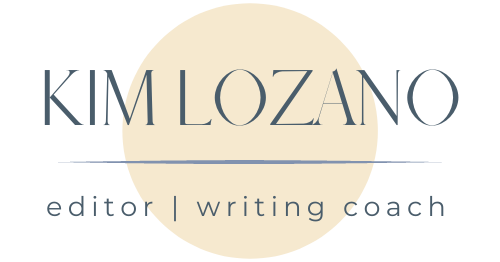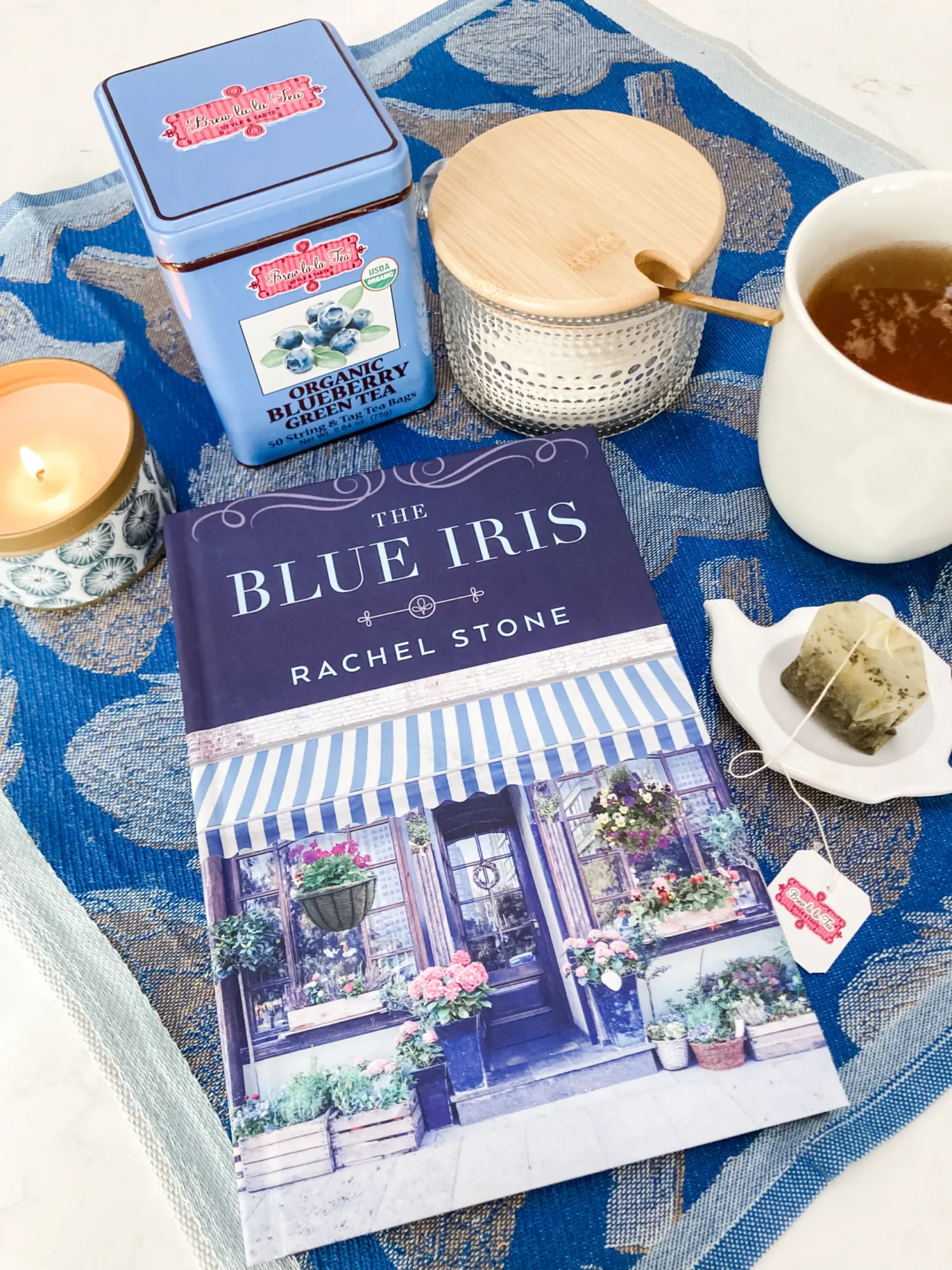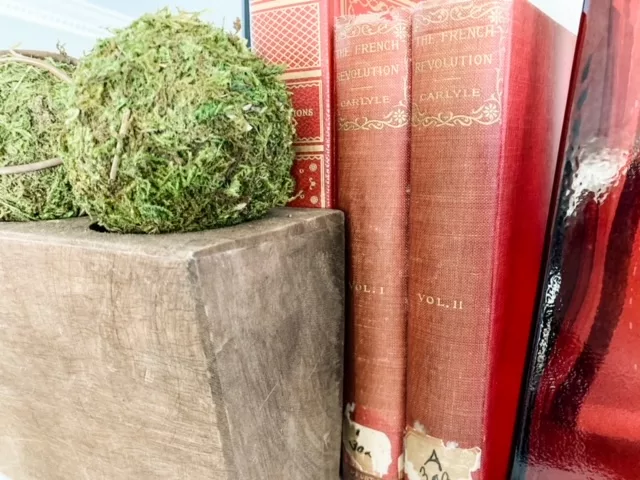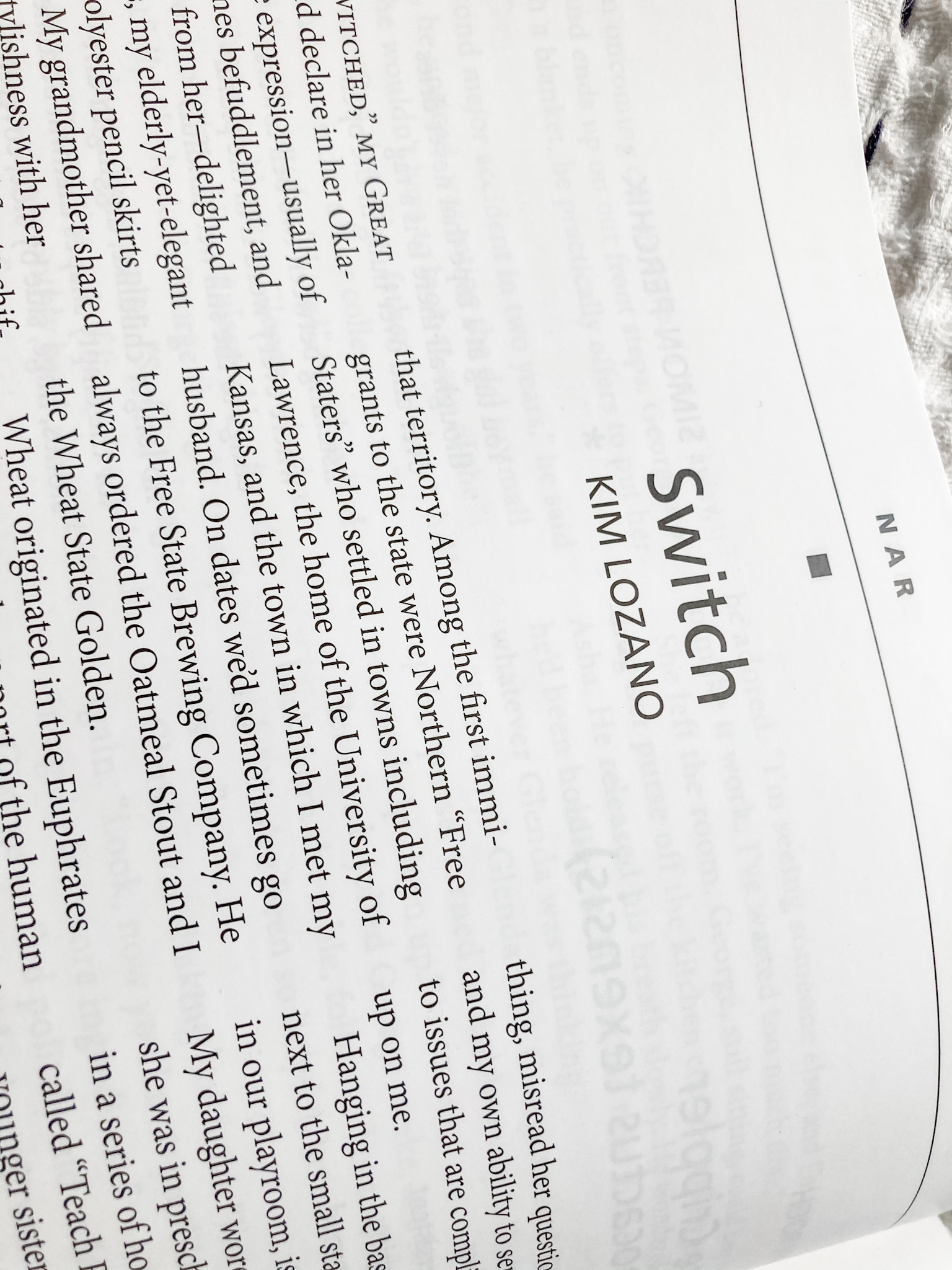What You Can Learn From Great Opening Lines
On my Instagram page, I regularly share great opening lines from books, memoirs, and short stories. Great opening lines are their own kind of art form, and I love collecting them for their variety and imaginativeness.
There are so many approaches to beginning a story, and the fact that your choices are wide open is also the reason you can get into trouble. What you want to avoid are first sentences that are too packed with information as opposed to giving the reader an experience. Before you write something that tries to cover too many bases, start by choosing a singular goal for your first sentence.
Ask what expectations about the story can you set for your reader. You only have a short amount of space, so how might you go about revealing something interesting in the voice of your main character? Or what might be something intriguing about the setting or point-of-view that will propel your reader into the story?

Start by trying to pick one main strategy to lean into. Let’s look at some great opening lines from successful stories and books and see what ideas you might steal from them to use in your own work. Notice that every one of these sentences is an example of clarity in writing.
Point of View
“The snow in the mountains was melting and Bunny had been dead for several weeks before we came to understand the gravity of our situation.”
-Donna Tartt, The Secret History
Tartt deftly includes a season, setting, voice, and situation in one sentence. It’s a feat, and not one you necessarily need to imitate. However, the way she grounds this opening line in the partiality of her protagonist’s mind is a strategy you should consider for your own work. One of the first things a reader wants to know is “Who is telling this story?” See if your opening line can give them a sense of the point of view they’ll be experiencing.
Situation
“This morning I got a note from my aunt asking me to come for lunch.”
-Walker Percy, The Moviegoer
If the first question a reader asks themselves is “Who is telling this story?” then the second question is going to be “Why are they telling it?” The reader is interested in what is going on right at the moment the story opens. Percy’s opening line is simple and to the point, giving us two characters and a happening, a situation.
Voice
“Layton buzzes over his three-acre lot, the riding mower knocked into high gear.”
-Angela Mitchell, “Unnatural Habitats”
Give a reader an irresistible voice to follow and they will stick with you for hundreds of pages. This excerpt is a great example of how using a close 3rd person point-of-view allows the narrator to pick up the diction of the POV character. “Buzzing” and “knocked” are doing good work here to begin the characterization process of our man Layton.
Long
“They burst into the sky, every bird in creation, angry and agitated, awakened by the same primary thought, erupting in a white feathered cloudburst, anxious and graceful, angling in ever-tightening circles toward the ground, drifting close enough to touch, and then close enough to see that it wasn’t a flock of birds at all—it was paper.”
-Jess Walter, The Zero
This sentence might be long, but it’s not convoluted or packed with backstory. The last thing you want to do is offer the reader a sentence full of data points they’re supposed to remember. Walter refines and focuses on a singular visual moment, escalating and expanding it until the final three words when, poof, the tension is released.
Short
“Don’t be afraid.”
-Toni Morrison, A Mercy
Despite the directive from our narrator, a reader is going to be absolutely sure that there is something to be afraid of when they read this first line. Short lines are one of my favorite ways to begin a story and, in general, are more dramatic than long ones. If you go short, you have an opportunity to pack a punch.
Dialogue
“’Mr. Deck, are you my stinkin’ Daddy?’ a youthful, female, furious voice said into the phone.”
-Larry McMurtry, Some Can Whistle
Opening with dialogue can be dangerous. It works better in shorter works, but in novels, readers will quickly get frustrated if they don’t know who’s having the conversation and don’t have context for what they’re talking about. This sentence from McMurtry shows us how it’s done. It’s full-on voice-y and in the following paragraph, the author goes on to give us the background information we want.
These are just a few examples of the strategies opening lines can employ. I encourage you to go to your own bookshelf and collect some opening sentences. Pick one you like that goes about it in a way that might work for your book and see if you can use it as inspiration to write your own. Keep your approach focused and simple and remember, the most important thing that great opening lines do is create curiosity in the mind of the reader. This is the secret to keeping them reading.






